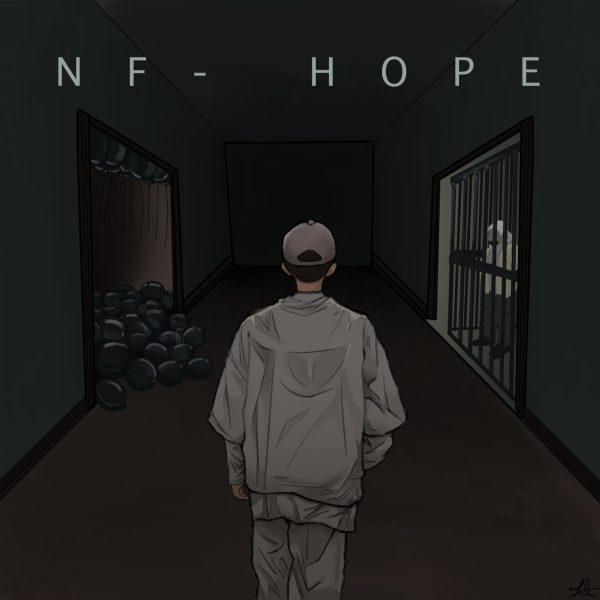Social Media Addiction: What It Does And Methods to Get Over It
November 16, 2020
The validating feeling of receiving likes and comments on a post, the excitement of finding new interests, or even the satisfaction of finding information about a person, is all too familiar and widely known. This could result in an addiction to social media.
According to a study at Harvard University, social media is addictive both physically and psychologically. Showing off what you have and talking about yourself on a social media platform ignites a part of the brain that also lights up when using an addictive substance, which qualifies it as an addiction. So saying that one is addicted is reasonable.
A research by government and pre-university students in Bangalore, India found that social media networks play a crucial role in learning environments as a source of social support and a way to communicate through one-on-one or group interactions. However, they found many ways that social media could negatively impact a person including physical and psychological health and behavioral disorders such as depression, anxiety, narcissism, and stress, beside the prevalent issue of it being part of an addictive behavior.
It seems everyone has their tips and tricks to battling a reliance on social media or how to detach themselves from social media. There are many reasons why disconnecting is good from time to time including more time to oneself, relieving stress of having to update your status, and even remove yourself from a toxic situation online. Although the easy solution would be to delete the app for a short period of time, once downloaded again, a person would find themselves addicted once again as they have been reunited with their old habits.
Turning off notifications is a great way to start. Notifications are a reminder of what is happening in the online world and can be a distraction from the world around you. By turning them off, the constant reminder of the platform’s existence will fade away.
Finding a new hobby is another way to distract your mind from social media. With the unlimited time quarantine has granted us, you could find yourself with a new skill that could impress others in the real world. Although it could be demonstrated online, these talents can also be admired in person.
The idea of social media is to keep up with others and to update them about yourself without a direct approach. The problem with this is that we become too involved. By deleting people off of your social media, there will be less reason to stay attached to it.
Ask yourself if you know them in real life or if they contribute positivity or something of value to you. If they are not important to you in ways like these, where is the need to follow them?
Although social media is a convenient way of keeping up with friends and family throughout a time when seeing them is very limited, too much of it can be a bad thing and nothing good can come out of an addiction.




